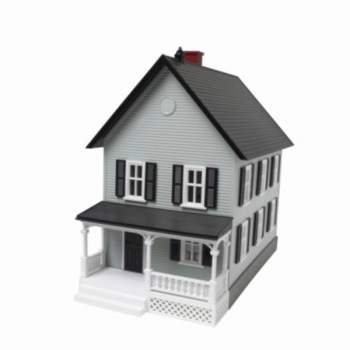
Eviction Process in North Carolina

Popular In Foreclosure
Deed In Lieu Of Foreclosure Stop Foreclosure Pre Foreclosure Protecting Tenants At Foreclosure Act Of 2009 Deed In Lieu Of Foreclosure Maryland Avoid Foreclosure Foreclosure Help Eviction Process In Missouri Eviction Process In Alabama Foreclosure Process Short Sale Deed In Lieu Of Foreclosure Ohio
If you are being evicted in the state of North Carolina, you may not know how to proceed. Learning about the eviction process in North Carolina can help you understand your rights and options under the law. After reading this guide, you will understand the steps involved in the eviction process in North Carolina and how long each step will take.
Getting Notice
Your landlord cannot begin the eviction process in North Carolina courts until you have been served with appropriate notice. If you have failed to pay rent on time or are otherwise violating the terms of your lease agreement, you will be given a ten-day notice to either fix the violation or leave. Your landlord is required to allow you to pay rent during this ten-day notice window and reinstate your tenancy.
If you are being evicted due to a non-rent related breach of your lease, you will still be given a ten-day notice. However, your landlord is not required to give you a chance to correct the issue (although some landlords will do so regardless). The notice will specify whether you have an opportunity to cure the breach—for instance, by re-homing an unauthorized pet—or if the landlord simply wants you to leave in 10 days.
Court Filings and Hearings
If you do not leave the premises or pay your late rent in 10 days, the next step is for your landlord to begin the eviction process in North Carolina courts. In North Carolina, an eviction lawsuit is called a “summary ejectment” action. To start the lawsuit, your landlord will file a complaint in your local small claims court.
You will be served with a copy of your landlord's complaint, which tells the reason you are being evicted, and a summons, which tells you when your court date will be. The court date for your eviction hearing will be at least 2 days after you are served with the complaint and summons.
You are not required to attend the eviction hearing, but if you fail to appear in court, your landlord will win automatically and the eviction process in North Carolina will continue. If you do appear at the hearing, you may be able to win the eviction case if you can show that your landlord failed to provide proper notice of the eviction, is retaliating or discriminating against you, or violated provisions of your lease. Talk to a lawyer with experience in the eviction process in North Carolina for more information on your legal options.
Writ of Possession
If your landlord wins the hearing, you will have 10 days to file an appeal. Once that time is up, you must either vacate the premises or face the next step in the eviction process in North Carolina. Your landlord can seek a writ of possession that allows the sheriff to forcibly remove you from your property within 7 days of you being served with notice.
If you leave your belongings behind, the eviction process in North Carolina allows you ten days to remove them. If you do not remove your belongings, your landlord may keep, sell, or dispose of them as he or she sees fit.



















